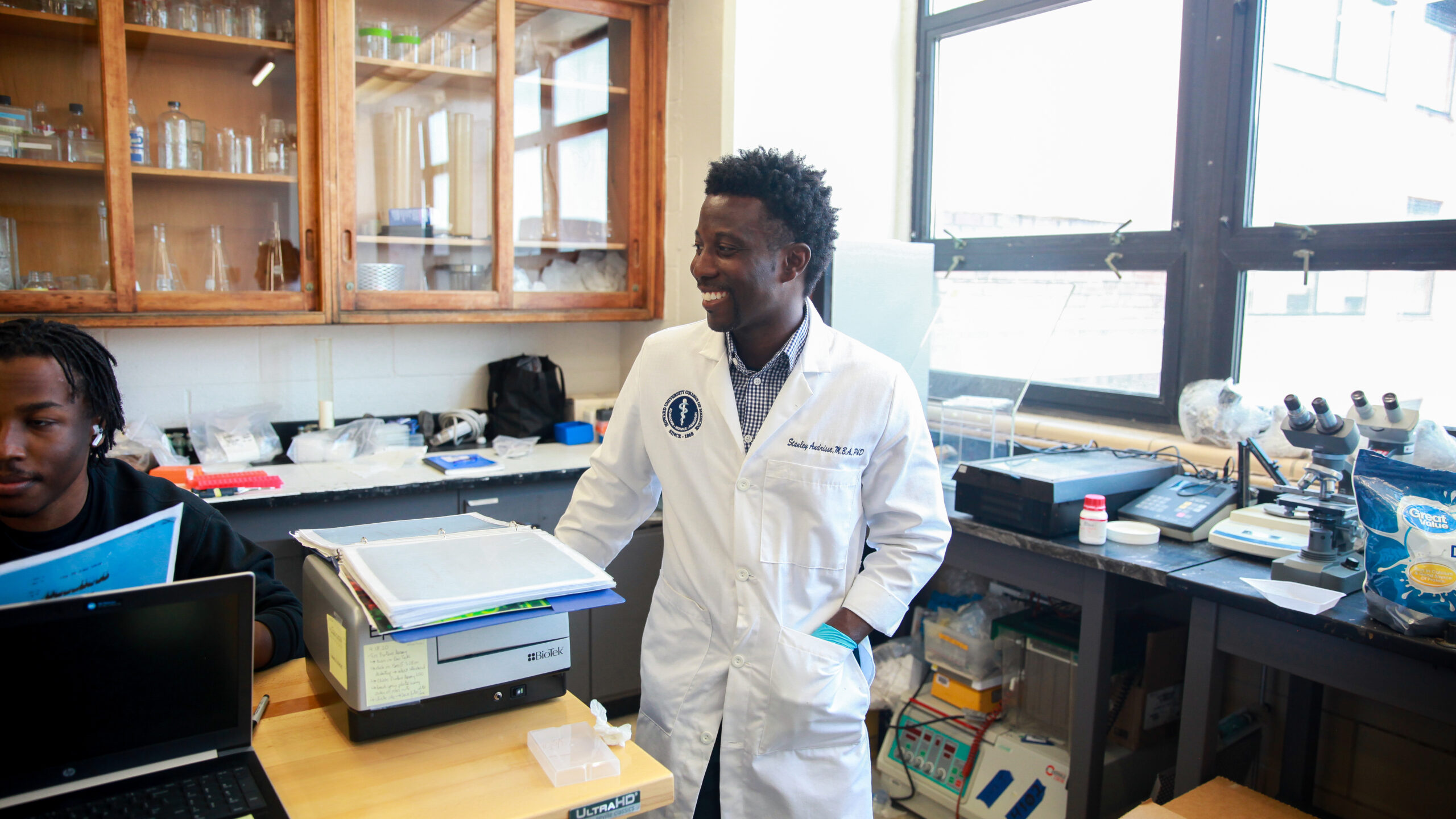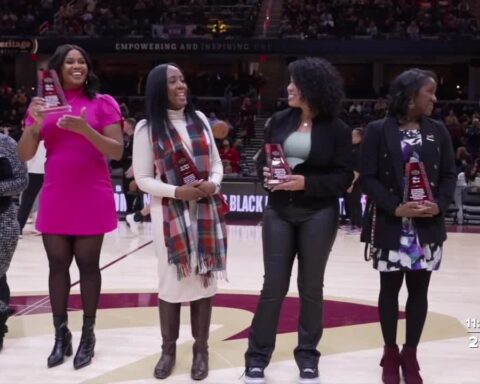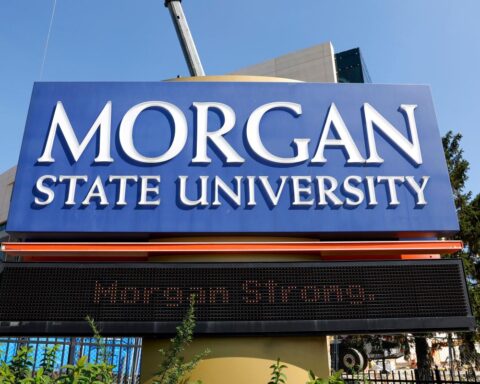By Sequoia Carillo
When he was 21, Stanley Andrisse hit rock bottom.
“I was sitting in a courtroom facing 20 years to life and had this prosecutor telling me that I had no hope for changing,” Andrisse says. He was convicted on three felony counts and spent the next few years in a Missouri prison.
He says his 21-year-old self could never have imagined his life today: Andrisse is now an endocrinologist, scientist and professor at Howard University’s College of Medicine. He has a Ph.D., an MBA, and a lab full of students who affectionately call him Dr. Stan.
“So I didn’t quite live up to the expectations of the prosecutor those many, many years ago,” he says with a laugh.
Andrisse credits his success to a mentor he had while he was incarcerated. They encouraged him to continue his education and helped him apply to higher education programs while he was still behind bars.
His story is remarkable, but historically Black colleges and universities are trying to make it more common. Around the country, HBCUs are investing in education for incarcerated or formerly incarcerated people, with the goal of reducing recidivism and building a prison-to-college pipeline.
“Our brothers and sisters behind the wall are coming home.” says Laura Ferguson Mimms, executive director of the Tennessee Higher Education In Prison Initiative (THEI). “And over the course of three years, 47% will return to incarceration if we continue to do exactly what we’ve done.”

Since 2011, her organization has worked with Tennessee community colleges to provide degree programs behind bars.
“When we introduce post-secondary educational options while the individual is incarcerated, we reduce the risk of recidivism by nearly half,” she says.
HBCUs are well-positioned to help incarcerated students
In 2021, THEI launched its first four-year degree program with Lane College, an HBCU in Jackson, Tenn. Like many of the oldest HBCUs, Lane was founded to help educate formerly enslaved people. Mimms says the school’s history makes it well-positioned to help incarcerated students.
She recalls the first day of Lane College classes at Northwest Correctional Complex in Tiptonville. The lecture was supposed to be online, but the president of Lane College came to speak to the students in person. He talked about the history of the school and the legacy of HBCUs as a tool for Black liberation. “The students were absolutely mesmerized,” Mimms says.
Claflin University, an HBCU in Orangeburg, S.C., has seen similar enthusiasm from students.
“They have truly embraced the program and they are probably some of the best recruiters for the program,” says Vanessa Harris, director of Claflin’s prison-to-college initiative.
The program’s enrollment numbers keep climbing. “We started last summer with 10 students, I am projecting we will probably be well over 140 students by the fall semester,” she says.
Getting help from someone who has been in your shoes
Even though the interest is there, college programs in prison are hard to come by.
“My personal experience with higher education pretty much stopped at the door when I was incarcerated at the facility,” says Rabia Qutab, who transitioned out of incarceration about a year ago.
Before serving about five years at a women’s prison in Texas, Qutab had finished a pre-med degree and was getting ready to apply to medical school. She says transitioning back to life on the outside wasn’t easy.
“I was like, ‘I know, I want to go back to school, but how do we do this?’ Right? Like, I want to pursue medicine, but then I have to worry about my record.”
She started looking around, and found a program at Howard University that allows formerly incarcerated students to gain research experience in a top medical school lab, along with mentorship.
The program’s founder and director is Stanley Andrisse.
For Qutab, the program offered a way to build her resume before applying to schools, and get guidance directly from Andrisse, someone who has been in her shoes.
“You don’t have a lot of formerly incarcerated people pursuing medicine,” she says. But if she can do it, she knows it’ll make a difference. The same way Andrisse has made a difference for her.
She says, “I’m opening doors for people following me, you know? So why not? Because if I don’t do it, then how do I expect others to follow that pathway?”





